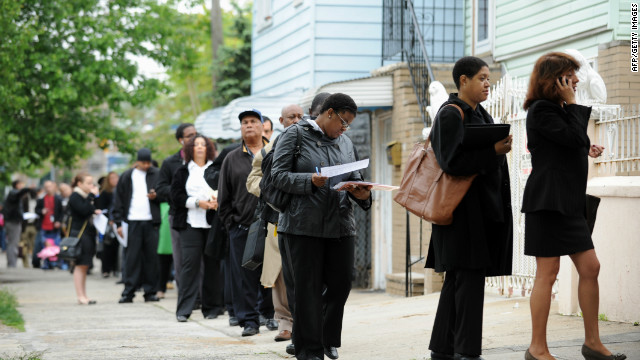Divine Interruption
It is this faith in and hope for the world that found perhaps its most glorious and most succinct expression in the few words with which the Gospels announced their “glad tidings”: “A child has been born unto us.”- Hannah Arendt
In my experience as a parent, nothing in life changes you as much as the birth of a child. It is the ultimate interruption. Your life is upended by the arrival of this totally dependent being on your doorstep. Your eating, sleeping, working, relaxing, socializing. are all interrupted for good. You worry and hope, scramble and plan, and the things that you formerly thought were important don't seem to matter that much anymore. Conversely the things that adult life taught you were frivolous like laughter and play take on new and profound meaning.
The mid-twentieth century existentialist philosopher Hannah Arendt explored the idea of birth as an interruption that changed all things in one's life. Without the birth of children all we would have to look forward to is running out the clock of our lives. It is the birth of a child that reminds us that "we are born not to die, but begin." (Arendt) It is the promise of birth that reignites faith in the world and hope for our future.
Necessary Interruption
“Forgiveness is the only way to reverse the irreversible flow of history.”-Hannah ArendtArendt also famously worked on defining forgiveness. Being a Jewish woman from Germany whose mentor had compromised with the Nazis, she has much to say. Forgiveness is also an interruption. More importantly it is the only way to reverse a wrong. We need forgiveness precisely because we cannot always forget the evil done to us. Forgiveness interrupts cycles of violence and despair and like birth gives us a new start. When wronged it allows to overcome victimhood and reclaim agency and power. When doing wrong it frees our identity from being merged into a single bad thing we have done. (and most of us have done bad things at some point) True freedom can come about only through forgiveness. And true peace will only come about if we forgive each other. This peace is not just between those who have wronged each other, but within our very selves. As Dietrich Bonhoeffer described it is only through salvation and forgiveness that we can rediscover unity within ourselves, with the world, or neighbor and God.
Incarnation
She will bear a son, and you are to name him Jesus, for he will save his people from their sins.” Matthew 1:21What we call is Christmas is the remembrance of the birth of Christ where God became flesh and dwelt among us. It is the beginning of the saving act of God in Jesus Christ. It is all about the interruption of a birth that reignites faith and hope for all looking for the coming of God. It is also all about the interruption of forgiveness, which as St. Paul writes "turns the enemies of God into friends." The interesting thing about the interruptions of birth and forgiveness is that they can often affect those beyond our inner circle. Think about how often grandparents anticipate the birth of a child as much as the parents do. Think about how when two people forgive each other it can spill out to heal the rest of the family or community. My point is that these are more participatory than we realize. My prayer for you this Christmas season will be an interruption. I pray you can latch on to the birth of Christ and reignite faith and hope in your life. I also pray you can participate in acts of forgiveness that heal your relationships, family, community and even yourselves. I hope that when you hear the words "But the angel said to them, 'Do not be afraid; for see—I am bringing you good news of great joy for all the people: to you is born this day in the city of David a Savior, who is the Messiah, the Lord". You will stop and think about how we all have a new chance in God for life and peace.
Merry Christmas and Blessed New Year.
Pastor Knecht














